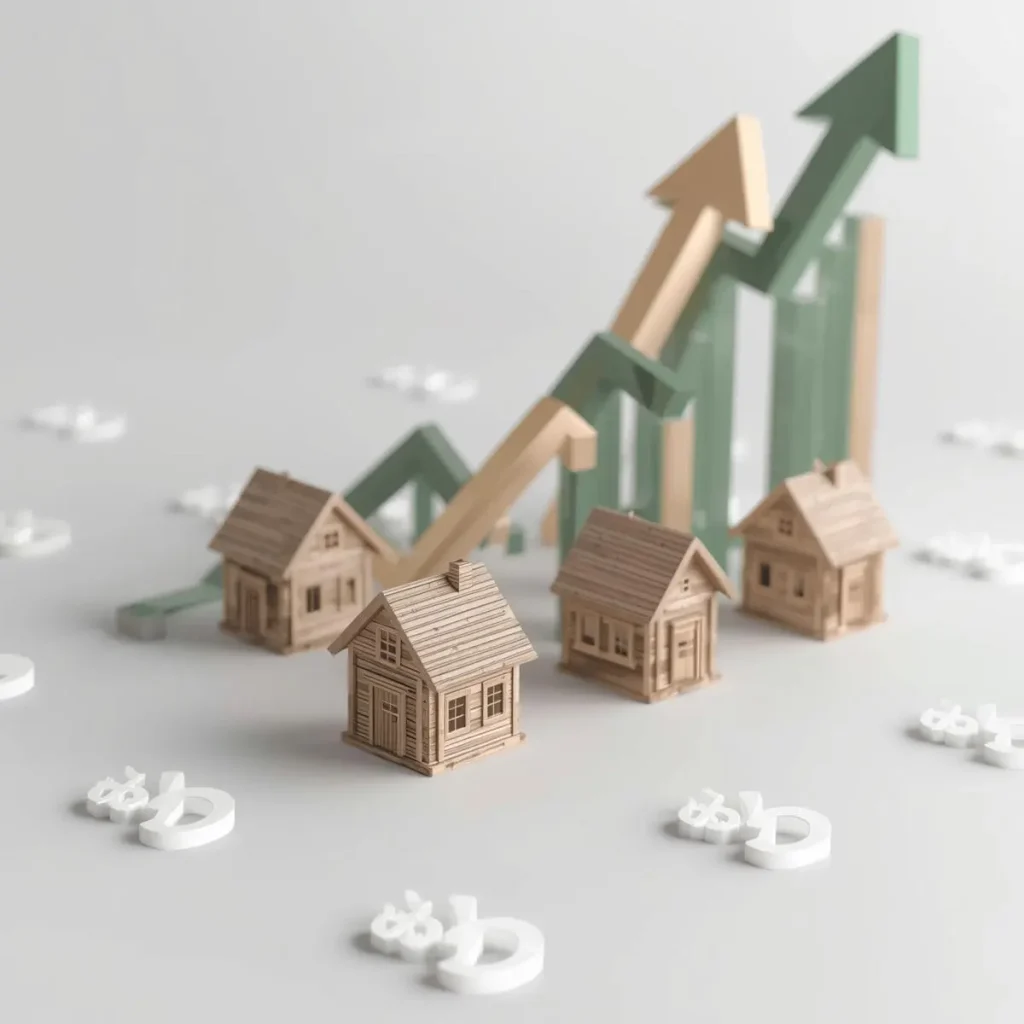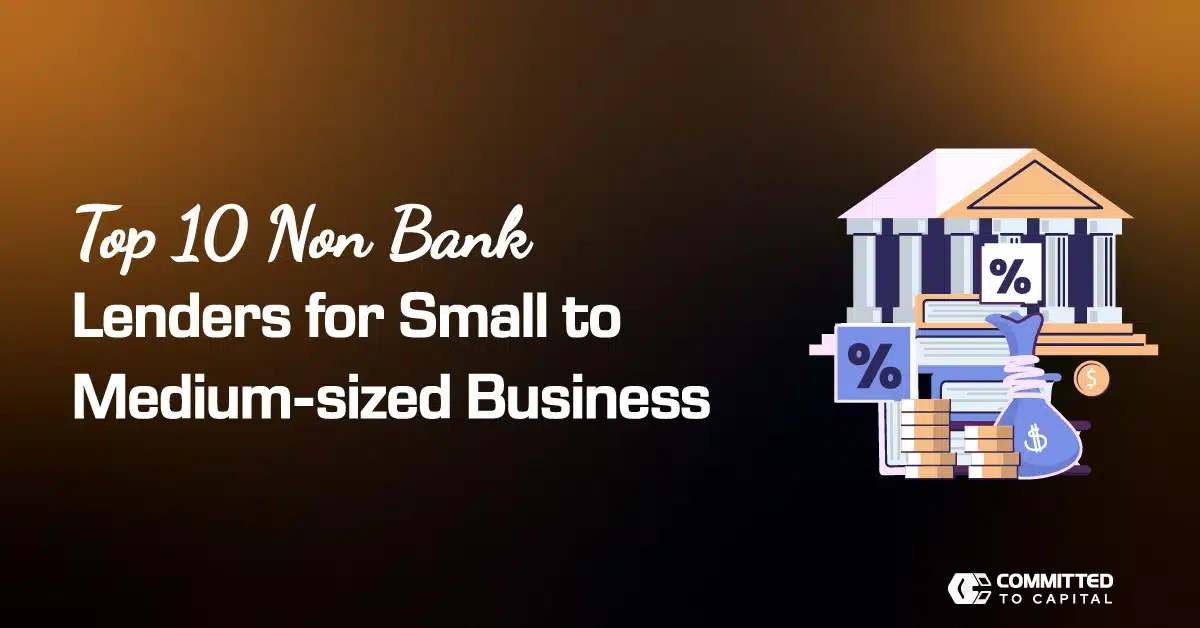Running a small or medium sized business often means thinking long term not just about sales or growth but about stability. One of the smartest financial decisions many business owners make is investing in a commercial mortgage. Instead of renting and paying someone else’s equity, owning your business property gives you control, predictable expenses, and a valuable asset for the future.
At Committed to Capital, we help business owners across the United States access flexible commercial mortgage solutions designed for real world needs from office spaces and retail shops to warehouses and manufacturing sites.
What Is a Commercial Mortgage
A commercial mortgage is a loan used to purchase, refinance, or expand commercial property. Unlike residential mortgages, these loans are specifically made for business use buildings such as offices, stores, and mixed use facilities.
When a business takes out a commercial mortgage, the property itself serves as collateral. This helps lenders reduce risk while offering longer repayment terms and competitive rates compared to short term business loans.
For small and medium sized businesses, commercial mortgages can open the door to long term ownership and better cash flow control.
How Commercial Mortgages Work

Commercial mortgages typically require a detailed application process that considers your business’s income, credit history, and cash flow. Lenders review how the property will be used and how much risk is involved.
Most commercial mortgages come with terms ranging from 5 to 25 years, and rates can be fixed or variable. Down payments are often between 20% and 35% depending on the borrower’s financial profile and property type.
Owning your business property through a commercial mortgage allows you to replace unpredictable rent payments with steady, manageable installments that build long term equity.
Why Businesses Choose Commercial Mortgages
1. Build Equity Instead of Paying Rent
Every payment you make goes toward ownership. Over time, your commercial property becomes a valuable business asset that can increase in value and strengthen your financial position.
2. Stabilize Your Monthly Expenses
Rent can rise unexpectedly, especially in high demand areas. A commercial mortgage helps you lock in predictable payments that simplify budgeting and long term planning.
3. Improve Cash Flow and Net Worth
By converting rent payments into equity, you not only stabilize cash flow but also increase your company’s net worth giving you better access to future financing.
4. Gain Tax Advantages
Interest paid on commercial mortgages and property depreciation can often be deducted from taxes, reducing your overall business expenses.
5. Customize Your Business Space
Owning your property allows you to tailor the space to your brand’s vision, expand storage, redesign your office, or add facilities that support growth.
Types of Commercial Mortgages
Owner Occupied Commercial Mortgage
Used when the borrower operates their business on the property being financed. This is ideal for retail stores, restaurants, offices, or warehouses owned and used by the business itself.
Investment Commercial Mortgage
Designed for businesses or investors purchasing property to lease out to other companies. Rental income from tenants helps repay the mortgage while building long term equity.
SBA 504 and 7(a) Loans
Small Business Administration (SBA) programs like 504 and 7(a) loans are excellent options for purchasing or refinancing commercial real estate. These government backed loans provide lower interest rates and extended repayment terms, making them ideal for small business owners.
How to Qualify for a Commercial Mortgage
Getting approved for a commercial mortgage depends on a few key factors:
✅ Strong Credit Profile: Both business and personal credit history are reviewed.
✅ Solid Cash Flow: Lenders need to see that your business generates enough revenue to cover mortgage payments.
✅ Down Payment Capability: Most lenders expect between 20%–35% down.
✅ Property Value: A professional appraisal helps determine the loan amount and risk level.
✅ Business Stability: Consistent revenue, years in operation, and a clear business plan boost approval chances.
Working with Committed to Capital ensures that your financial package is well presented. We guide you through every step from documentation to lender selection to help you secure the best rate possible.
When Is the Right Time to Consider a Commercial Mortgage
If your business is stable, profitable, and looking to expand, buying your property may be more cost effective than renting. Common signs you’re ready include:
- You’ve been renting for several years and your lease costs keep rising.
- Your business has reliable revenue and wants long term stability.
- You’re expanding into a new market or adding a new location.
- You want to build equity and improve overall business valuation.
By switching to ownership, your payments go toward your future instead of your landlord’s.
Committed to Capital: Your Trusted Partner in Commercial Financing
At Committed to Capital, we understand that financing can feel complicated but it doesn’t have to be. Our mission is to simplify the lending process so that business owners can make confident decisions.
We analyze your financial goals, match you with the best lenders, and structure a commercial mortgage that fits your business model. Whether you’re refinancing an existing loan or buying your first property, we make the process transparent, fast, and focused on results.
With personalized support and deep experience in small business financing, Committed to Capital helps you achieve ownership with clarity and confidence.





